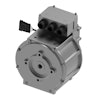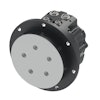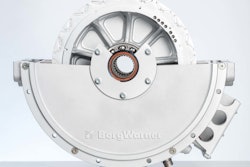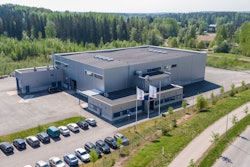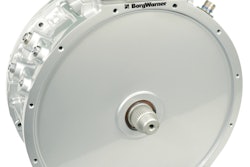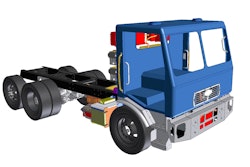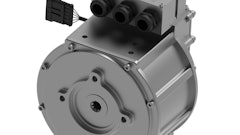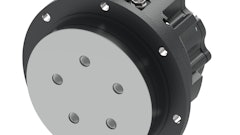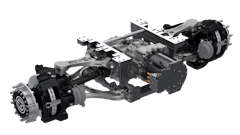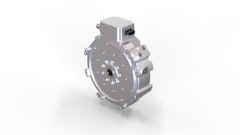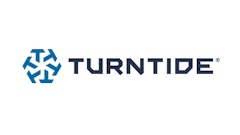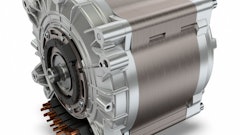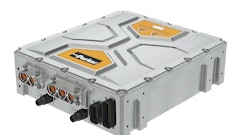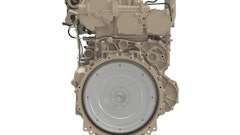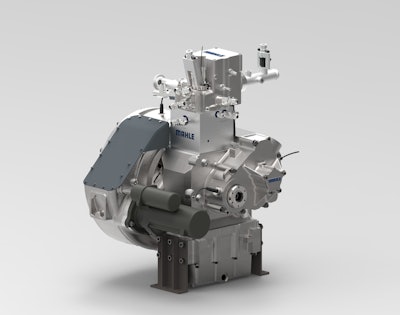
Tests have demonstrated that a residential combined heat and power (CHP) motor developed as an Advanced Research Projects Agency - Energy (ARPA-E) backed venture through the Generators for Small Electrical and Thermal Systems (GENSETS) program offers at least a 20% improvement in efficiency over the current leading alternatives. The single-cylinder motor, which runs on natural gas (NG), has been developed by a consortium led by MAHLE Powertrain. It features the specialist’s low friction technology and manufacturing techniques, including the new MJI (MAHLE Jet Ignition) pre-chamber ignition technology, which is already being demonstrated in automotive applications.
MAHLE Powertrain is supported in the project, which was announced in November 2015, by Oak Ridge National Laboratory, Louthan Engineering, Kohler Company and Intellichoice Energy.
“Electricity generated at the point of use is an effective way of combating the inefficiencies of centrally produced power,” says Mike Bunce, Head of Research for MAHLE Powertrain LLC and Principal Investigator on the project. “CHP motors are a perfect solution for generating electricity and harnessing otherwise wasted energy for heating, for both primary power and heat generation or for use on an ad hoc basis during power outages. However, this technology has previously been cost prohibitive, inefficient and displayed suboptimal reliability characteristics. In testing, the 1kWe micro-CHP motor achieved 33% Electrical Conversion Efficiency; 20% more than the current leading unit in this power class.”
The single-cylinder CHP utilizes technology and automotive engineering principles already proven by MAHLE Powertrain’s work for major vehicle manufacturers. For example, MJI extends traditional limits of lean combustion to maintain lower gas temperatures and therefore reduce harmful NOx formation. This simplicity of design and manufacturing will reduce cost and increase durability.
“Downspeeding is a technique that, alongside downsizing, has brought significant efficiency benefits to the automotive and commercial vehicle markets. Alongside MJI, this has been the key to increasing efficiency of the new ultra-lean motor,” adds Bunce. “The ability to efficiently generate and harness residential power represents a huge opportunity to help make our country, and planet, cleaner. The incremental benefits brought by evolving technologies help make CHP motors a more viable solution, which hopefully inspires a greener outlook that encourages the next steps towards an ultra-low emissions goal.”
MAHLE’s low friction expertise has been crucial for delivery of the GENSETS project. The final design incorporates a wide range of the company’s commercialized technologies, including its Evotec II piston, which is an award-winning, lightweight component to encourage enhanced efficiency. Finally, low temperature lean aftertreatment helps meet expectations for reduced emissions.

